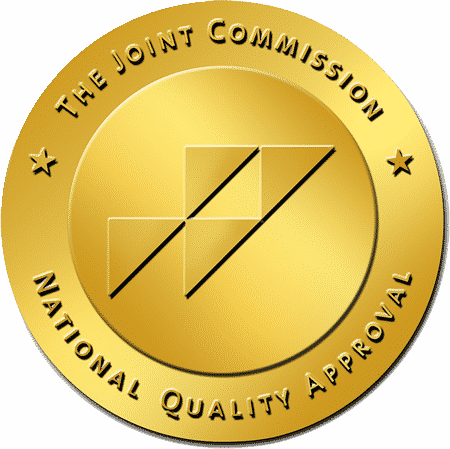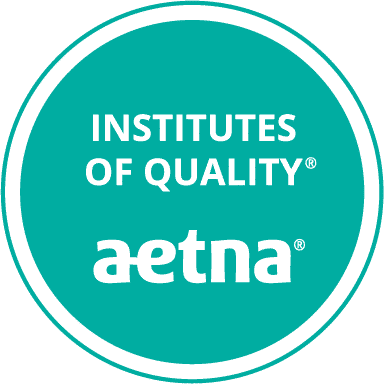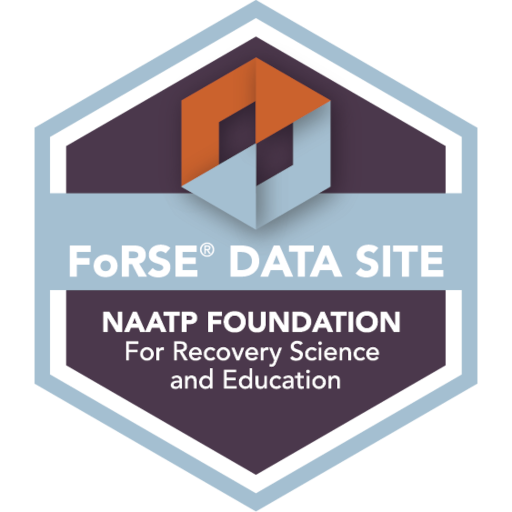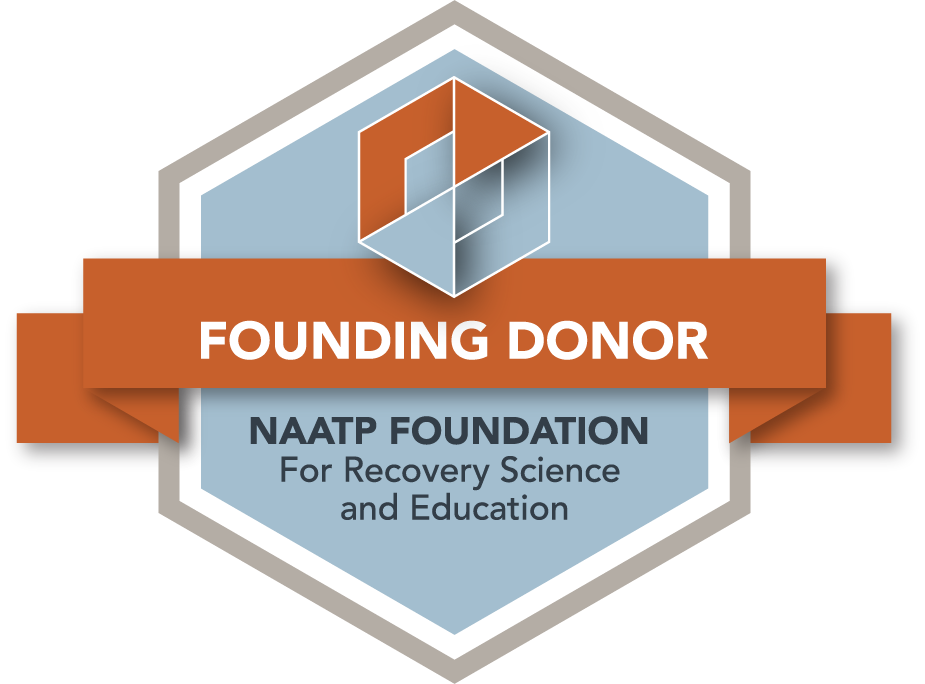The national opioid crisis and increased funding for addiction treatment are raising concerns about those who play the system for financial gain.
To set an industry standard against such activities, the National Association of Addiction Treatment Providers (NAATP)—of which La Hacienda has been a member since 1994—has strengthened its code of ethics and adopted other standards of care.
That stand caught the attention of a congressional subcommittee, which invited NAATP Executive Director Marvin Ventrell and others to a July 24 hearing in Washington, D.C.
“We believe … that by setting high values-based professional and ethical membership standards, we can achieve and maintain an association that is comprised of treatment providers on which the public and payer/insurer can safely rely,” said Ventrell. “We also believe that we can, by these actions, lead the entire field by example and influence best practices across the industry through public policy.”
Only a small minority of the industry is violating the rules, he said, still NAATP felt compelled to take a firm position. “Our good providers did not need to be told right and wrong; they were just doing right. But we came to understand that was not true across the board.”
The tougher stance has cost the association the membership of 24 companies with 99 campuses, and about $100,000 in membership dues, he told the Oversight and Investigations Subcommittee of the House Energy and Commerce Committee.
Deceptive Websites
The biggest reason for canceling or denying membership in NAATP is deceptive websites with inadequate branding information, said Ventrell.
Subcommittee Chairman Gregg Harper (R-Mississippi) noted that it’s vital that online information be accurate and disclose who is behind the website or call center. He cited a study finding that approximately 61 percent of people who seek treatment go online to find help–with little or no help from a medical professional.
The subcommittee is also investigating patient brokering, a practice also forbidden by NAATP, in which treatment facilities pay agents for referring patients to their programs.
Possible outcomes from the congressional investigation, which has been active for a year, are federal legislation or increased pressure on states to address these issues.
NAATP Director of Public Policy Mark Dunn, who has observed congressional hearings for over 25 years, liked what he saw and heard.
“We are pleased that Congress recognizes the diligent work NAATP has undertaken through our Quality Assurance Initiative, and that we are seen as raising the standard of care across the board.”
